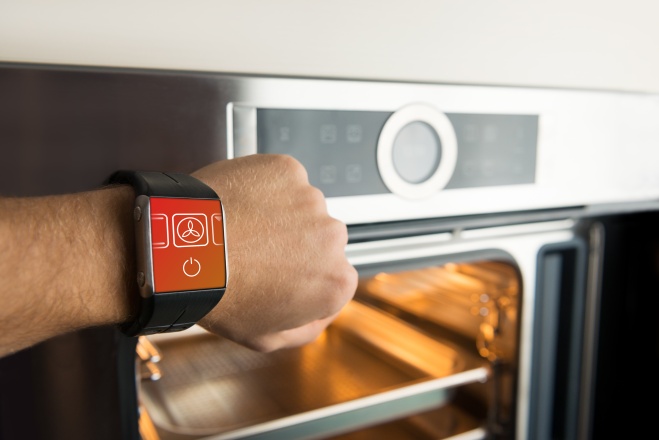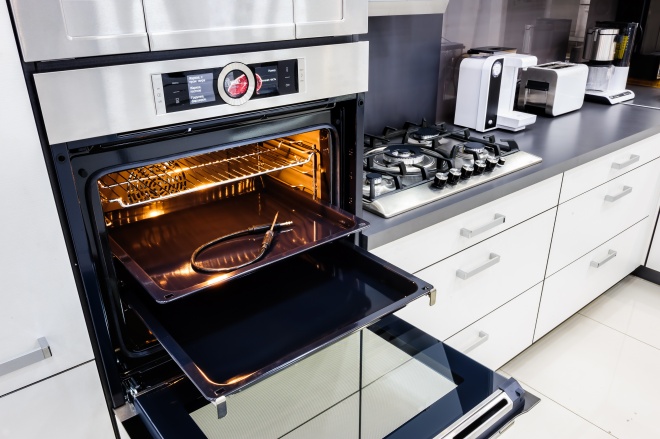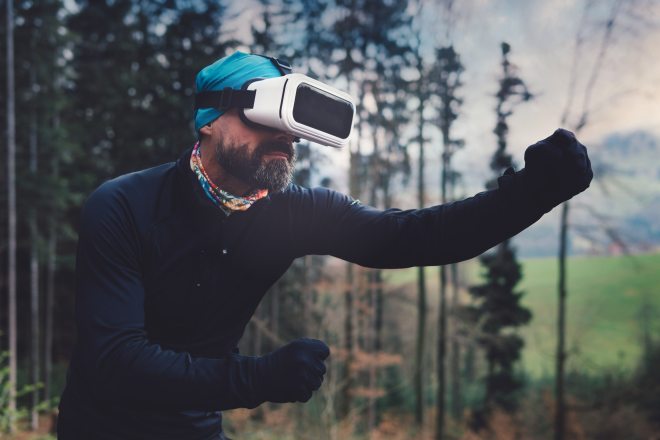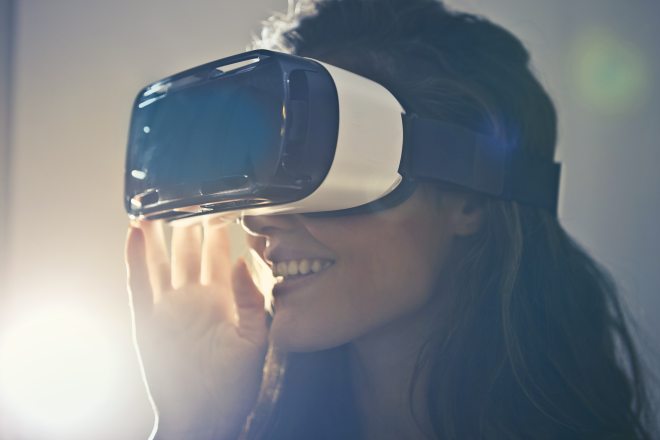There’s no shortage of cool gadgets and new life-altering tech unveiled every year at CES, the annual Consumer Electronics Show focusing on the latest and greatest marvels of technology available to the general public. This year, however, proved particularly joyful for home cooks as Whirpool unveiled their new smart oven and forever changed the future of cooking.

Although not the first smart oven to be made available to consumers, it is definitely geared towards making cooking an easy experience for consumers and its attractive pricing is sure to bring in not just new clientele but a wide range of imitators and competitors. In what is sure to spark a race between manufacturers for the best and most affordable smart ovens, Whirpool may have just opened up the floodgates to a new wave of cooking technology that is bound to change the landscape of cooking forever.

Much like a smart home, smart ovens provide an easy and intuitive experience that is nearly completely automated. “Set it and forget it” will now have new meaning as smart ovens begin to recognize foods and automatically adjust to appropriate cooking times and temperatures. With a lot of the effort soon to be taken out of home cooking, the advent of these ovens may just spark a revolution in our eating habits as well. The future seems not only interesting, but potentially delicious too!
Looking for more tech-related reads? Visit our online library at www.joygeeks.com for a wide variety of ebooks, audiobooks, music, and more, available any time on your favorite device.



